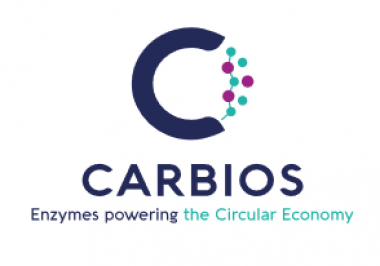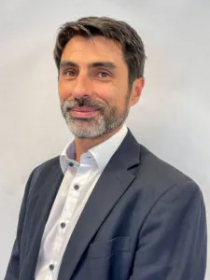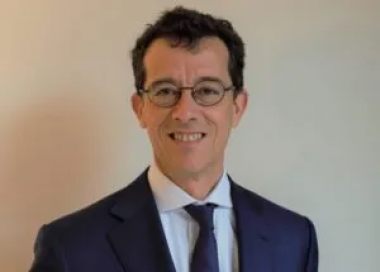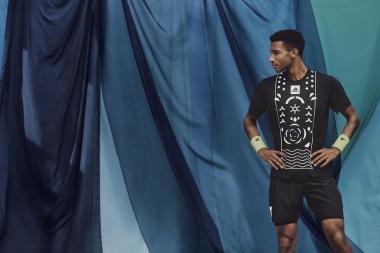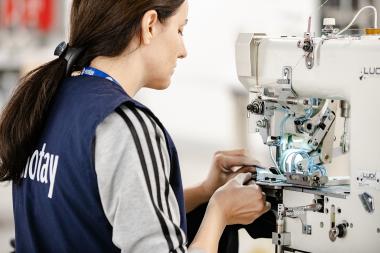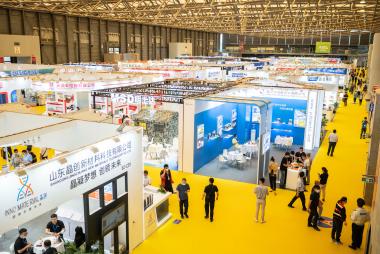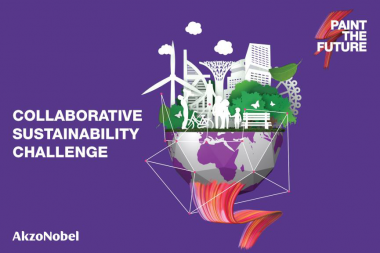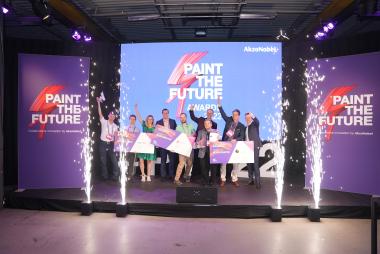Beaulieu Fibres International at Techtextil 22
- Bio circular Fibre - Shaping Sustainable Living
The European staple fibre producer Beaulieu Fibres International turns the spotlight on future-focused solutions for nonwovens & engineered fabrics at Techtextil 22. A key priority is innovation in polyolefin fibres and bicomponent polyester/polyolefin fibres, to advance sustainable design, end-of-life recyclability, and resource and carbon footprint reduction for industrial and hygiene applications.
The new sustainability roadmap - Route 2030 outlines how the company is targeting the reduction of our environmental footprint to zero, taking care of people and doing business in a transparent, ethical way. Sustainability is key to Beaulieu Fibre International’s long-term strategy, and the company is heavily focused on defining its green portfolio to support evolution in diverse market applications and to work towards a circular economy with the whole supply chain.
Beaulieu Fibres International will offer ISCC Plus (International Sustainability and Carbon Certification Plus) certified bio circular MONO-PP and BICO PP/PE fibres in 1,3-8,9 dtex, available with all the main available finish classes. These drop-in solutions, with no loss in quality, will support customers reduce reliance on virgin fossil carbon in their nonwoven and engineered fibre applications, contributing to the transition towards a circular economy.
Beaulieu Fibres International












